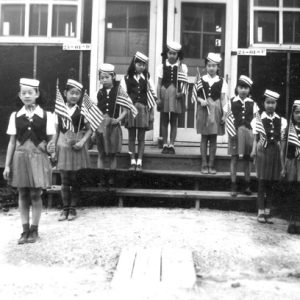 Jerome Relocation Center Children
Jerome Relocation Center Children
Entry Category: Education
 Jerome Relocation Center Children
Jerome Relocation Center Children
Jim DuPree v. Alma School District No. 30
John Brown University (JBU)
Johnston, Lewis, Jr.
Jonesboro Baptist College
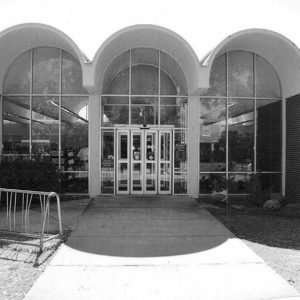 Jonesboro Library Entrance
Jonesboro Library Entrance
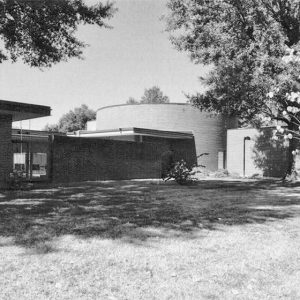 Jonesboro Public Library Grounds
Jonesboro Public Library Grounds
Judson University
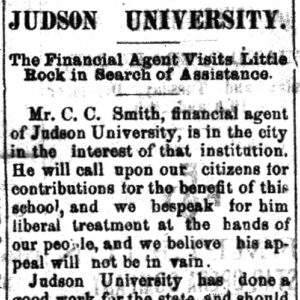 Judson University Assistance Story
Judson University Assistance Story
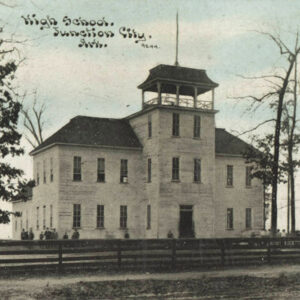 Junction City High School
Junction City High School
Karlmark, Gloria Cecelia Ray
Kays, Victor Cicero (V. C.)
Kearney, James and Ethel
 Nan Keohane
Nan Keohane
Keohane, Nannerl Overholser
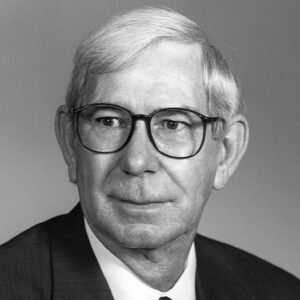 Kenneth Kersh
Kenneth Kersh
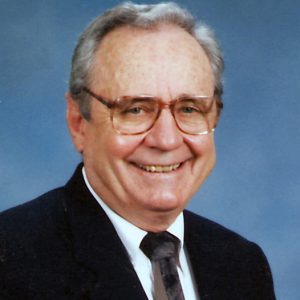 Wilson Kimbrough
Wilson Kimbrough
Kimbrough, Wilson Whitaker, Jr.
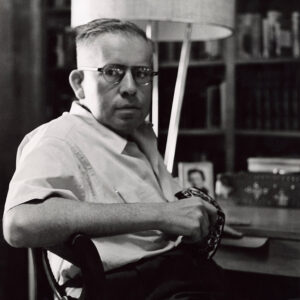 Ben Kimpel
Ben Kimpel
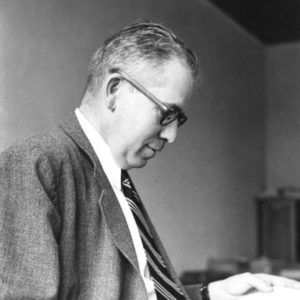 Ben Kimpel
Ben Kimpel
Kimpel, Ben Drew
King Schoolhouse
Kingston School
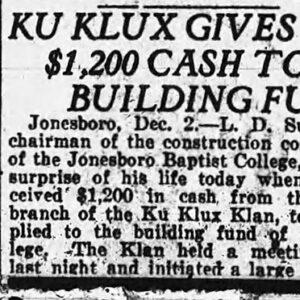 KKK Donation
KKK Donation
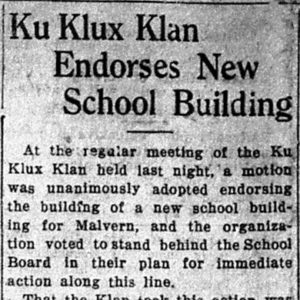 KKK School Endorsement Article
KKK School Endorsement Article
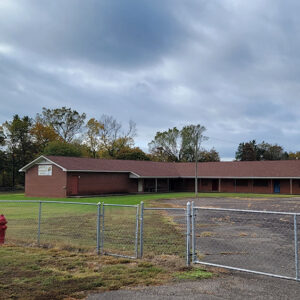 Knoxvile School
Knoxvile School
Kumpe, Roy Franklin
LaCrosse Collegiate Institute
Lake View School District No. 25 v. Huckabee
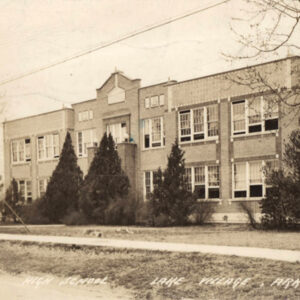 Lake Village School
Lake Village School
LaNier, Carlotta Walls
Lankford, George E.
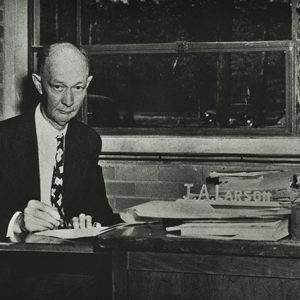 John A. Larson
John A. Larson
Lavers, Norman
aka: Cecil Norman Lavers
 Norman Lavers
Norman Lavers
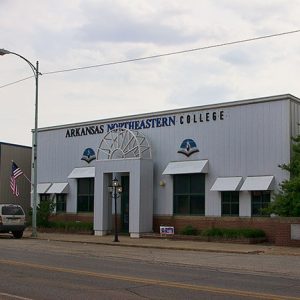 Leachville Campus
Leachville Campus
LEARNS Act
aka: Act 237 of 2023
Ledbetter, Calvin Reville (Cal), Jr.
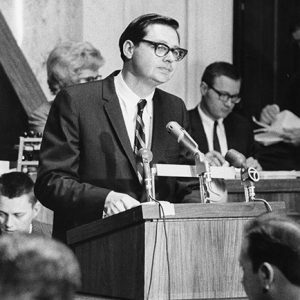 Cal Ledbetter
Cal Ledbetter
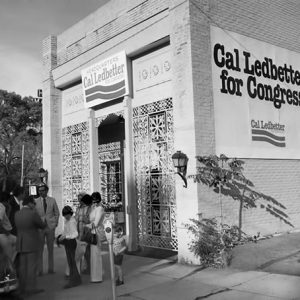 Cal Ledbetter Campaign Headquarters
Cal Ledbetter Campaign Headquarters
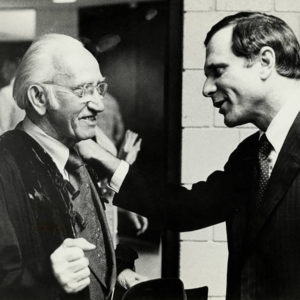 Leflar and Pryor
Leflar and Pryor
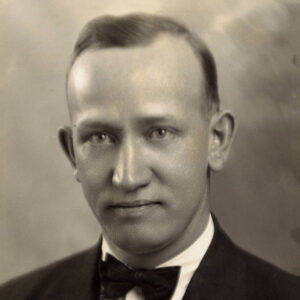 Robert A. Leflar
Robert A. Leflar
Leflar, Robert Allen
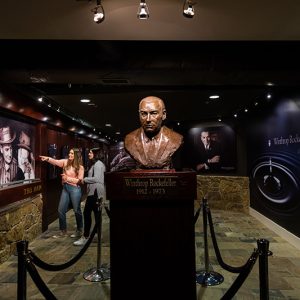 Legacy Gallery
Legacy Gallery
Lemke, Walter John
Libraries
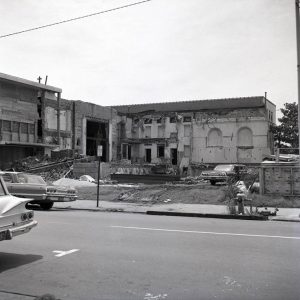 Library Demolition
Library Demolition
LifeQuest of Arkansas
Lincoln High School (Star City)
 Evan Lindquist
Evan Lindquist




